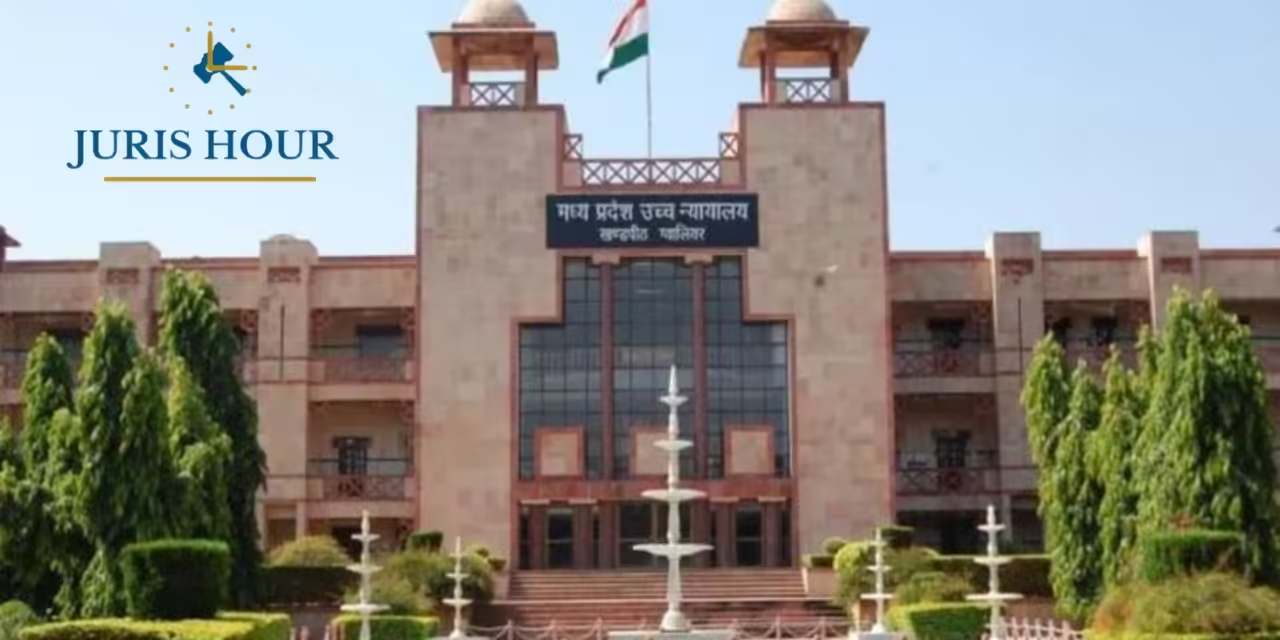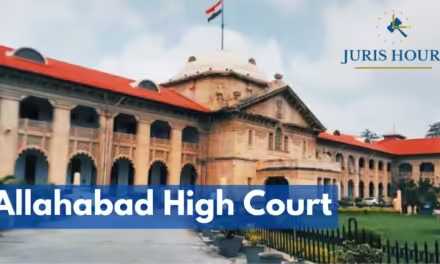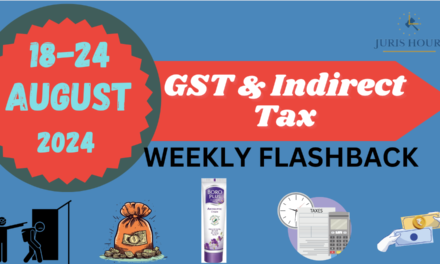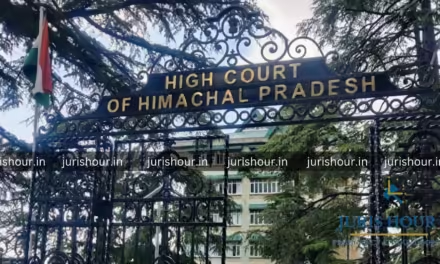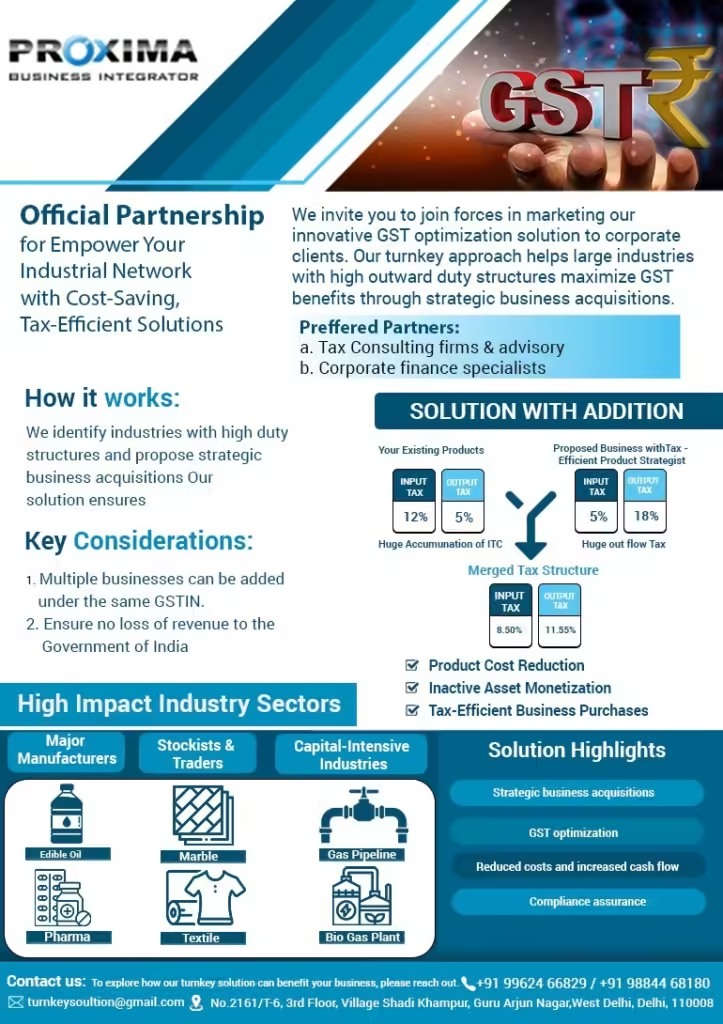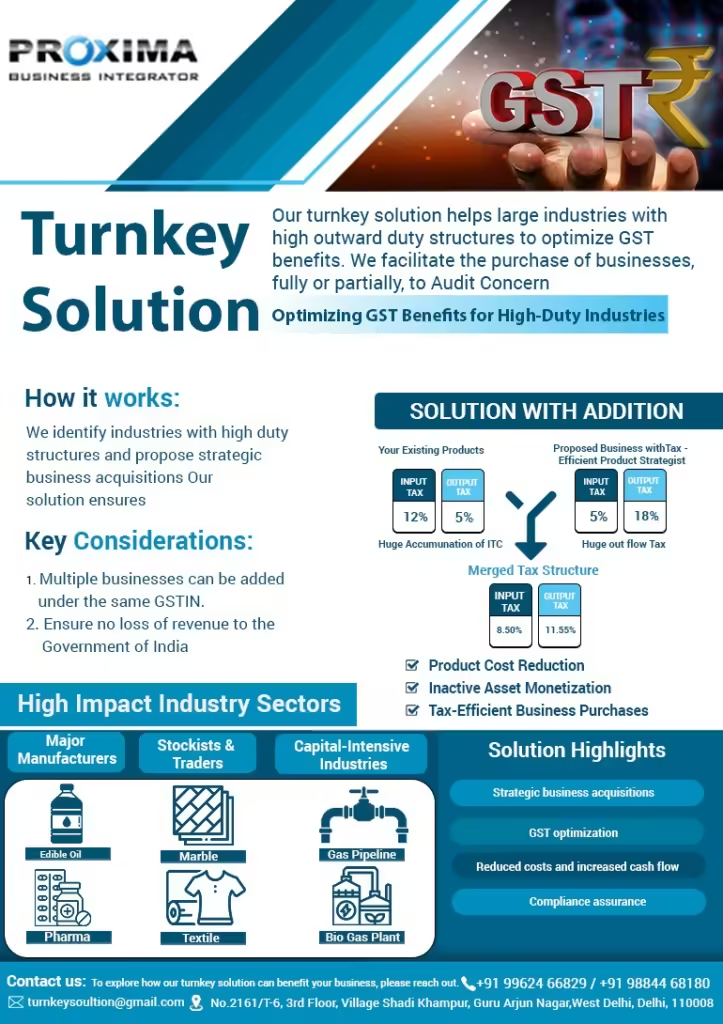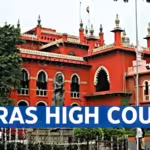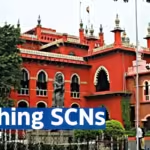The Madhya Pradesh High Court, Indore Bench has held that the Goods and Service Tax Act (GST Act) overrides Indian Penal Code (IPC) and the department cannot bypass the procedure prescribed under the GST Act.
The bench of Justice Sushrut Arvind Dharmadhikari and Justice Duppala Venkata Ramana has observed GST Authorities cannot bypass procedure prescribed under GST Act for launching prosecution by simply invoking penal provisions under IPC without invoking penal provisions under GST Act especially when the allegations so revealed as a result of search and seizure conducted by GST Authorities constituted offence covered under the penal provisions of GST Act as that would amount to bypassing procedural safeguards as provided under Section 132(6) of GST Act which requires sanction of the commissioner prior to initiation of prosecution, which is to the prejudice of the petitioner herein. Letting GST Authorities to adopt such a course of action would amount to abuse of process of law which cannot be permitted by the court.
The bench noted that GST Act, 2017 is a special legislation which holistically deals with procedure, penalties and offences relating GST and at the cost of repetition this court cannot emphasise more that the GST Authorities cannot be permitted to bypass procedure for launching prosecution under GST Act, 2017 and invoke provisions of Indian Penal Code only without pressing into service penal provisions from GST Act and that too without obtaining sanction from commissioner under Section 132(6) of GST Act especially when the alleged actions squarely fall within the precincts of offence as enumerated under GST Act, 2017.
The bench remarked that it would defeat the very purpose of enacting a special statute such as GST Act, 2017, as the GST Authorities instead of conducting search and seizure and conducting proceedings as prescribed under GST Act, 2017 themselves would be delegating the same to local police authorities which cannot be said to be the intent of the legislature while enacting GST Act, 2017.
Background
The petitioner/assessee is a proprietor of the proprietor firm named as M/s. Agrawal Soya Extracts carries out its business of trade of Soya beans seeds and Soya De-Oiled Cakes.
The summons was issued to petitioner by the department under Section 70 of GST Act, 2017 read with Section 174 of M.P GST Act, 2017 pursuant to which statements of petitioner were recorded.
The department in exercise of power conferred under Section 67(2) of GST Act, 2017, conducted search and seizure operations on the premises of M/s. Shreenath Soya Exim Corporate and prepared an inspection report in which it has been alleged that M/s. Shreenath Soya Exim Corporate was bogus firm and fraudulently registered, which issued invoice/bill without supply of goods/services leading to wrongful availment or utilization of input tax credit/refund of tax.
On the basis of the complaint, the FIR was registered under Section(s) 420, 467, 468, 471 of IPC against M/s. Shreenath Soya Exim Corporate’s proprietor Sachin Pateria in which petitioner has been implicated later on, on the basis of memorandum under Section 27 of Evidence Act.
Issue Raised
- Whether the GST Authorities can launch prosecution invoking penal provisions under Indian Penal Code, without invoking the penal provisions of GST Act, when the alleged offences are covered under the provisions of GST Act and that too without obtaining Sanction under Section 132(6) of GST Act?
- If not, then whether the prosecution so launched is hit by a legal bar against the institution or continuance of the proceedings so as to warrant quashment?
Arguments
The petitioner contended that GST Act, 2017 is a complete code which provides for procedure to be adopted by GST Authorities, penalties in case of breach of provisions of GST Act and punishment for offences committed under GST Act. Search and seizure operations conducted by GST Authorities under Section 67(2) of GST Act revealed commission of offence which is punishable under Section 132 of GST Act and hence, GST being a special statute, any offence which is squarely covered by the GST Act, provisions of IPC could not have been invoked without invoking the provisions of GST Act. Hence registration of FIR at the instance of GST Authorities under provisions of Indian Penal Code without invoking penal provisions under GST Act is bad in law and the FIR and consequential proceedings are liable to be quashed on this ground.
The petitioner argued that Section 132(6) of GST Act requires previous sanction of the Commissioner before a person can be prosecuted for offences committed under Section 132 of GST Act and GST Authorities in order to bypass procedural safeguard have gotten FIR registered under the penal provisions of IPC without invoking penal provisions under GST Act which cannot be permitted and hence on this ground also, FIR and consequential proceedings are liable to be quashed.
The department contended that offences under GST Act and IPC are distinct and there is no prohibition registration of offences under IPC by Police authorities on complaints being made by GST Authorities.
Read More: GSTAT To Be Constituted Soon: Kerala High Court Stays Recovery On Payment Of 20% Of Disputed Tax
Conclusion
The court while allowing the petition quashed the FIR and consequential proceedings lodged against the petitioner under IPC.
Case Title: Deepak Singhal Versus Union Of India And Others
Case No.: Writ Petition No. 21641 Of 2024
Date: 11.09.2024
Counsel For Petitioner: Shashwat Seth
Counsel For Respondent: Sudeep Bhargava

